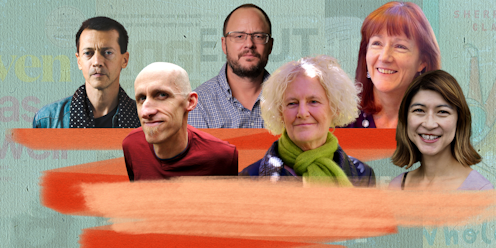The Prime Minister's Literary Awards have proved contentious, but this year's winners are worth celebrating
- Written by Brigid Magner, Associate Professor in Literary Studies, RMIT University

The winners of the Prime Minister’s Literary Awards were announced this morning at a ceremony in Launceston. This year’s shortlists presented a challenge for the judges, who selected 30 titles from more than 540 eligible entries.
The winning books in each category are:




